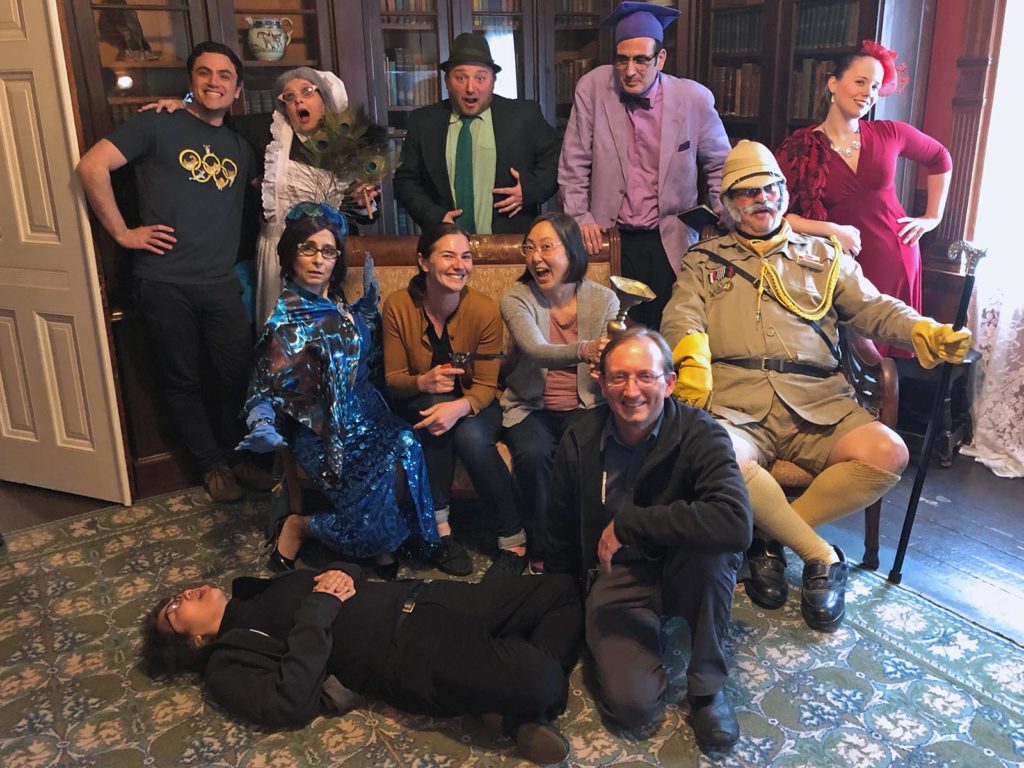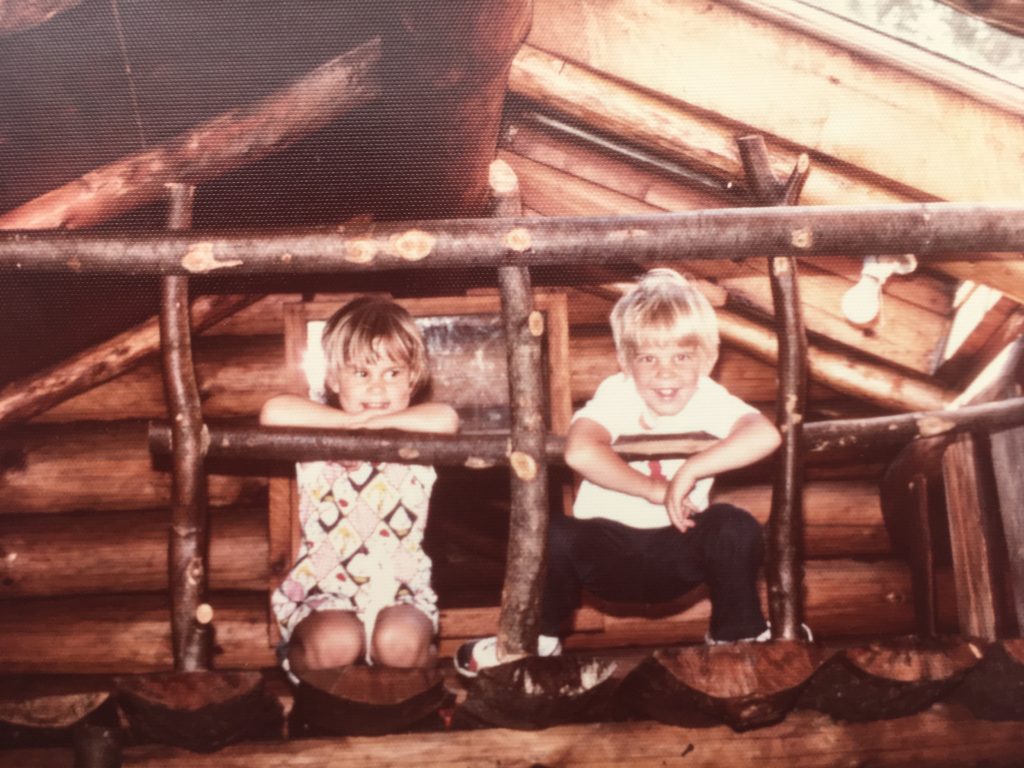Category: About Us
When Kiley told her father that she had a new position as the Concord Consortium’s scrum master, he asked if she would have to tackle people at work. He calls her the rugby master, but Kiley is used to bad dad jokes. Thanks to recent training, Kiley is indeed a certified scrum master. For the […]
Our East and West Coast offices got together for two days of team building and brainstorming. We demoed our newest technologies, dreamed up new projects, and solved a (fake) murder mystery. We had a great time celebrating our 25th anniversary! Forty-five enthusiastic staff converged at the beautiful Lyman Estate in Waltham, Massachusetts, where we enjoyed […]
The Concord Consortium celebrates its 25th anniversary this year. This milestone occasion coincides with another notable event: ten years ago Chad Dorsey became only the second President and CEO in the organization’s history. He followed in the footsteps of our founder, Bob Tinker, who, like Chad, was a physicist.
The latest news from the Concord Consortium in fall 2016: data science education technology conference, middle grades students’ understanding of big math ideas, zoom in to data literacy, and more.
We’re always available and happy to talk about our work and new ideas for improving education. Use the information below to get in touch with us. Phone Main Line (978) 405-3200 Mail 25 Love Lane Concord, MA 01742 USA Email General Inquiries hello@concord.org Project Inquiries projects@concord.org Support Inquiries help@concord.org Donation Inquiries donations@concord.org Feedback feedback@concord.org Stay […]
The Concord Consortium’s staff is a diverse group of individuals with extensive backgrounds in education and technology. They all share a drive for pushing the boundaries of educational technology.
We’ve collaborated with some of the best schools and educational organizations in the world. Below is just a small sampling of institutions we’ve worked with in our mission to realize the promise of educational technology.
Concord Consortium board members comprise a distinguished group of educators and business people.
It all started with a single demo. The biggest connections between technology and education had a tiny beginning. The revolution really began with an idea: that a tiny thermal sensor – originally intended for industry, and tucked inside a single test tube – might help students measure heating and cooling during phase changes. That idea […]
The March 2017 issue of The Science Teacher features “The future of energy: Having students compare the effects of different energy sources on the environment,” an article on the High-Adventure Science energy module by Amy Pallant, Sarah Pryputniewicz, and Hee-Sun Lee.


